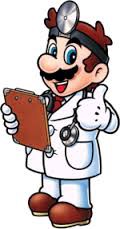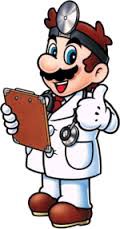“It Is Better to Have a Symptom than a Void Inside”


The brilliant Hilary Mantel on hypochondria, in the London Review of Books:
For the Greeks, the hypochondrium was the area just below the ribcage, the site of digestive disorder. This region of the body is where feelings of unease pool, then overflow. It is dangerously proximate to the heart.
The entire essay is terrific, blazingly clear on an inherently muddy subject. Mantel moves smoothly from medieval ideas of hypochondria (“Was the disturbance on the bodily plane, or the astral plane?… There was a frog, or serpent, inside him”) to Freudian ones (“the state of being in love with one’s own illness”) to the modern conception (“hypochondriacs are almost always other people”). I am lucky to never have been there, but I suspect that Mantel’s descriptions of the hypochondriac state are spot on:
Many people are simply hyper-aware of bodily sensations, and so are driven continually to check in with themselves, examining visceral events as a man about to confess to a priest examines his conscience; like the believer scrutinising himself for sin, they expect to find something bad, perhaps something mortal. Forgiveness, and cure, are only ever partial and temporary; there will always be another lapse, some internal quaking or queasiness, some torsion or stricture, some lightness in the head or hammering of the pulse, some stiffness in the joint or trembling of the limb, or perhaps even an absence of sensation, a numbness, a deficit, a failure of the appetite. A state of abounding good health can in itself be a cause for suspicion.
She ends the piece with a meditation on hypochondria in the age of the late-night Google, and what it might mean that the bar for wellness can only go up:
We need not be in pain, or produce florid symptoms, to benefit from the new, enveloping, knowledge-based hypochondria. We are all subtly wrong in some way, most of the time: ill at ease in the world. We can stand a bit of readjustment, physical or mental, a bit of fine-tuning. Our lifelong itch for self-improvement can be scratched by a cosmetic surgeon with his scalpel or needle, our feelings of loss assuaged by a pill that will return us to a state of self-possession. For hypochondria, the future is golden.
*hides*